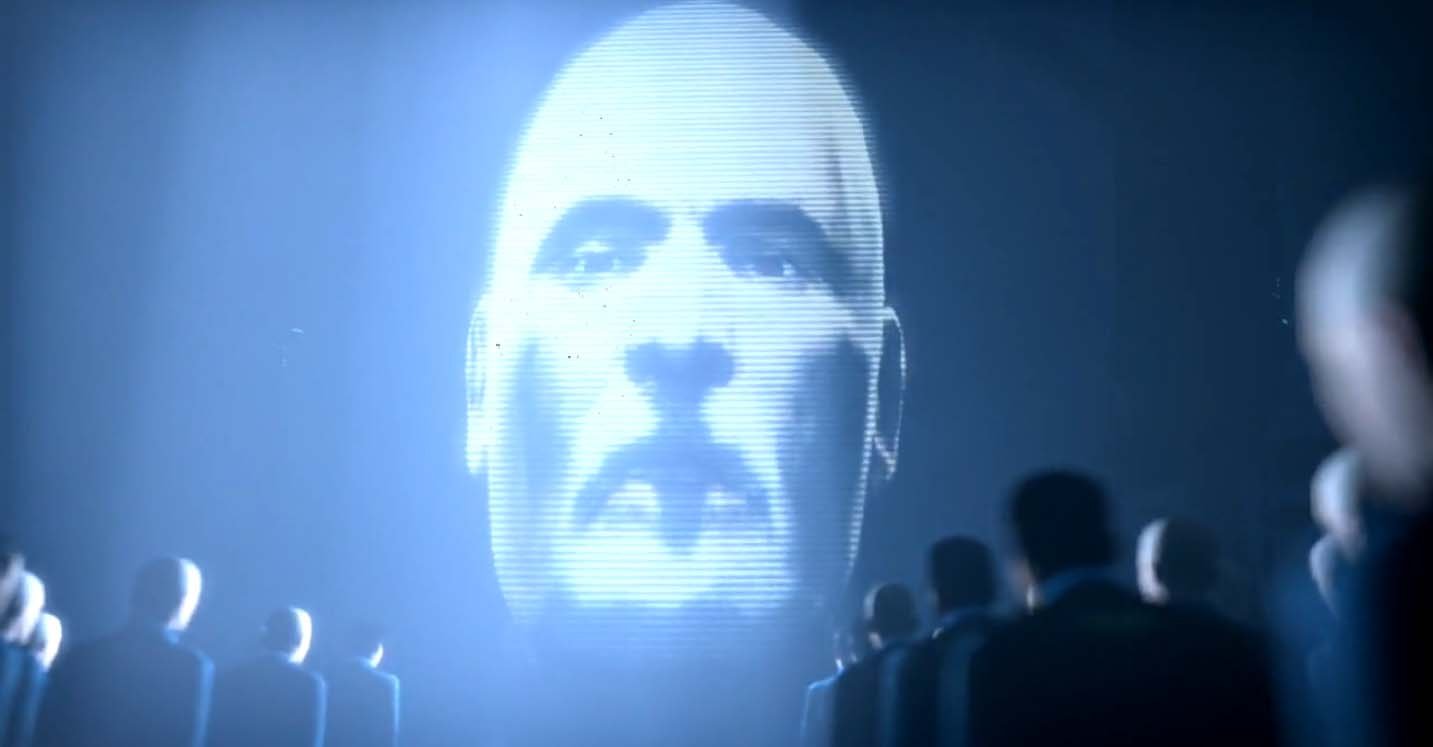Second part of Edward Snowden interview repeats accusation that Apple, other tech companies grant the NSA access to private data

Apple, along with Google, Microsoft, and Facebook, has once again been accused of granting the U.S. government, and the NSA in particular, access to private user data. In the second part of an interview conducted back in June but posted today, Edward Snowden tells The Guardian:
Beyond that we've got PRISM which is a demonstration of how the US Government co-opts US corporate power to its own end. Companies like Google, Facebook, Apple and Microsoft, they all get together with the NSA and provide the NSA direct access to the back ends of all of the systems that we use to communicate, to store data, to put things in the cloud. And even just to send birthday wishes and keep a record of your life. And they give NSA direct access that they don't need to oversee so they can't be held liable for it.
Previously, to address the issue, Apple posted "commitment to customer privacy". It said in part:
We do not provide any government agency with direct access to our servers, and any government agency requesting customer content must get a court order.
We can choose to believe the accusations, or the denials, but it points to a far larger issue: the need the believe. Where there's no transparency, there's no real trust. Unfortunately, with not only the U.S. and other governments implicated in massive, unprecedented, horrific surveillance, along with pretty much every major technology platform owner and communications companies there's no one and nothing that can be trusted.
We can't switch phones. We can't switch networks. We can't switch countries. We can apply better security on our own ends, put PGP on our email and use onion routers for our internet traffic, but when data is stored our privacy isn't only at risk now, but into the future, where decryption technology might chew through in milliseconds what it takes months to chew through today.
It also removes the illusion of our being a needles in a haystack, because long-term storage means nothing can be lost to the stream, it's always and only just a query away. Everything is potentially being sifted through and cataloged, the messages we're sending our loved ones, and the contracts we're negotiating at work. And it transcends active exchanges. How do really know when the microphones on our devices are really turned on, or the cameras in our bedrooms. It's the transition from an expectation of privacy to an expectation of no privacy. It's a potential violation so deep, and so enormous, the mind recoils from it. It's the loss of innocence, the type that occurs after any human-engineered disaster, only far more subversive because it exists in bits and not atoms. We can't see the loss, and we can't appreciate the repercussions.
Apple has used the privacy card to compete against the likes of Google and Facebook in the past. Why not use it to compete for us now? Make our data as difficult as possible to collect and access, from adding super-easy PGP to Mail.app and encrypting iMessage, FaceTime, and other communications in a way that's not only secure, but openly, verifiably secure?
It may well be impossible to stop the widespread accumulation of raw bits, but there's nobility in the attempt, and where goes Apple, so often do others follow.
iMore offers spot-on advice and guidance from our team of experts, with decades of Apple device experience to lean on. Learn more with iMore!
Source: The Guardian

Rene Ritchie is one of the most respected Apple analysts in the business, reaching a combined audience of over 40 million readers a month. His YouTube channel, Vector, has over 90 thousand subscribers and 14 million views and his podcasts, including Debug, have been downloaded over 20 million times. He also regularly co-hosts MacBreak Weekly for the TWiT network and co-hosted CES Live! and Talk Mobile. Based in Montreal, Rene is a former director of product marketing, web developer, and graphic designer. He's authored several books and appeared on numerous television and radio segments to discuss Apple and the technology industry. When not working, he likes to cook, grapple, and spend time with his friends and family.
